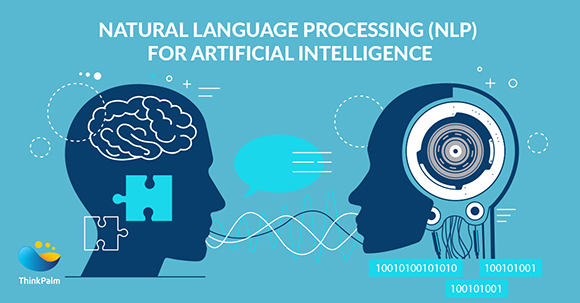Artificial Intelligence and Natural Language Processing (NLP)

About Course
Unlock the fascinating world where machines understand, generate, and interact with human language! This course, Artificial Intelligence and Natural Language Processing (NLP), takes you on an exciting journey through the principles and practices that power everything from Siri and Alexa to real-time translation services and smart customer support chatbots. Dive into the technologies shaping the future of communication and explore how AI is revolutionizing industries by enabling machines to interpret and respond to human emotions, intents, and complexities.
Through real-world examples, hands-on techniques, and in-depth discussions about ethical concerns, you’ll gain a comprehensive understanding of how NLP works — and how it will continue to evolve. Whether you’re a beginner with a curious mind or a professional seeking to sharpen your technical edge, this course will equip you with the tools and knowledge to innovate and lead in this dynamic field. Get ready to discover a future where AI not only talks back but truly understands.
Course Content
Introduction
Explanation of Artificial Intelligence (AI)
00:00Explanation of Natural Language Processing (NLP)
00:00Importance of AI and NLP
00:00